Science News: Recent scientific discoveries and expert analysis
Read the latest science news and recent scientific discoveries on Live Science, where we've been reporting on groundbreaking advances for over 20 years. Our expert editors, writers and contributors are ready to guide you through today's most important breakthroughs in science with expert analysis, in-depth explainers and interesting articles, covering everything from space, technology, health, animals, planet Earth, and much more.

Explainers | Everything you need to know about the science news that matters.
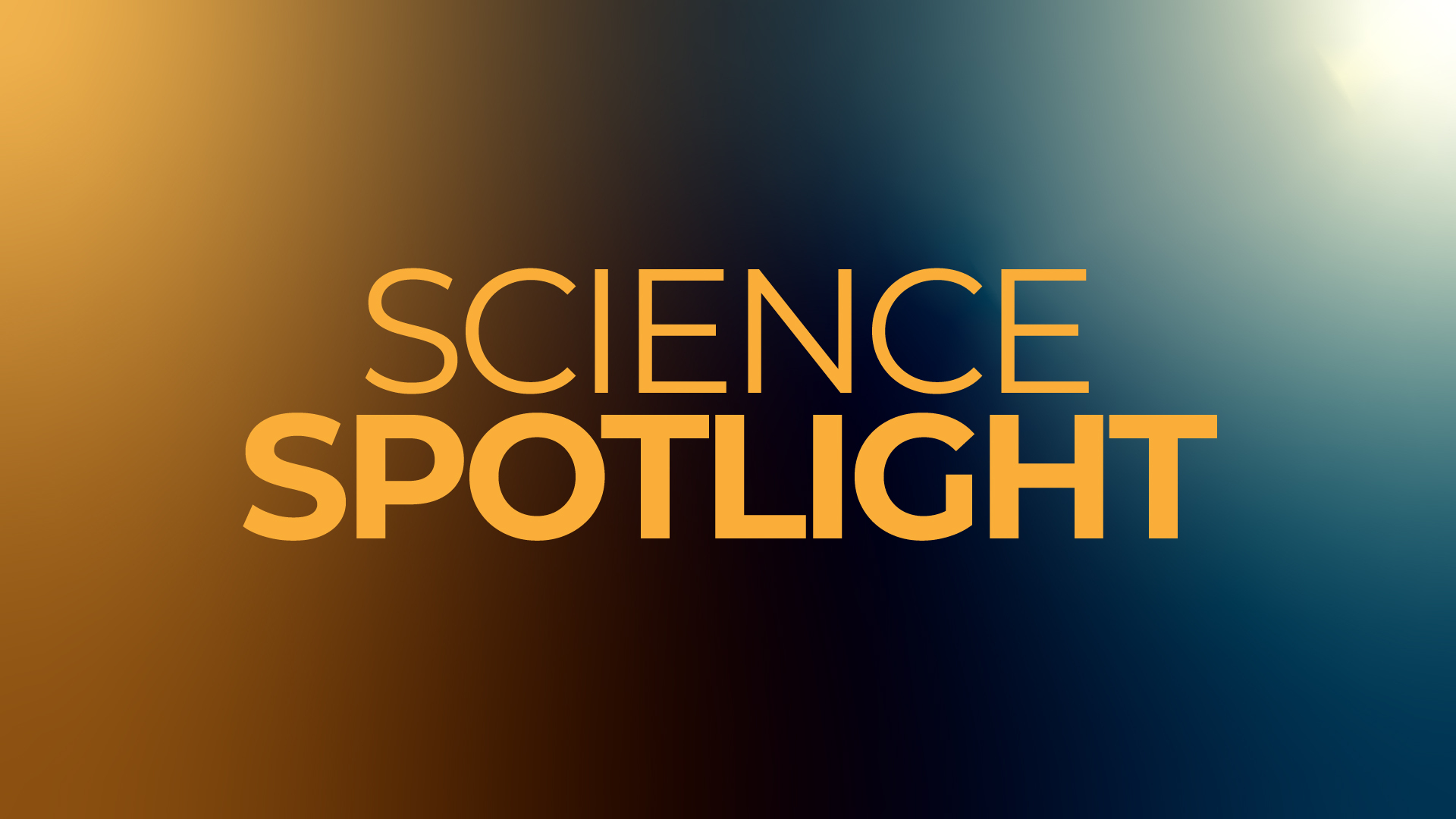
Science Spotlight | Shining a light on new science transforming our world.
Latest news
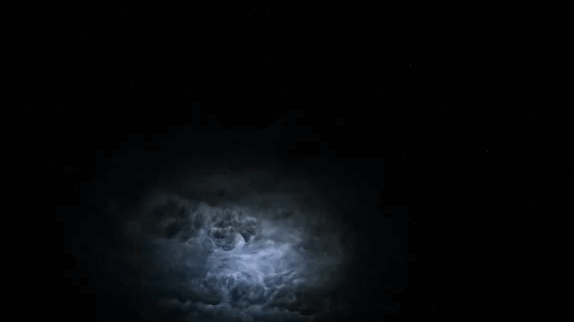
Rare colorful lightning caught on camera by ISS astronaut. 'OK, this is kind of out there'
By Brett Tingley published
NASA astronaut Don Pettit captured breathtaking video of a rare atmospheric phenomenon from his perch high above Earth on the International Space Station.
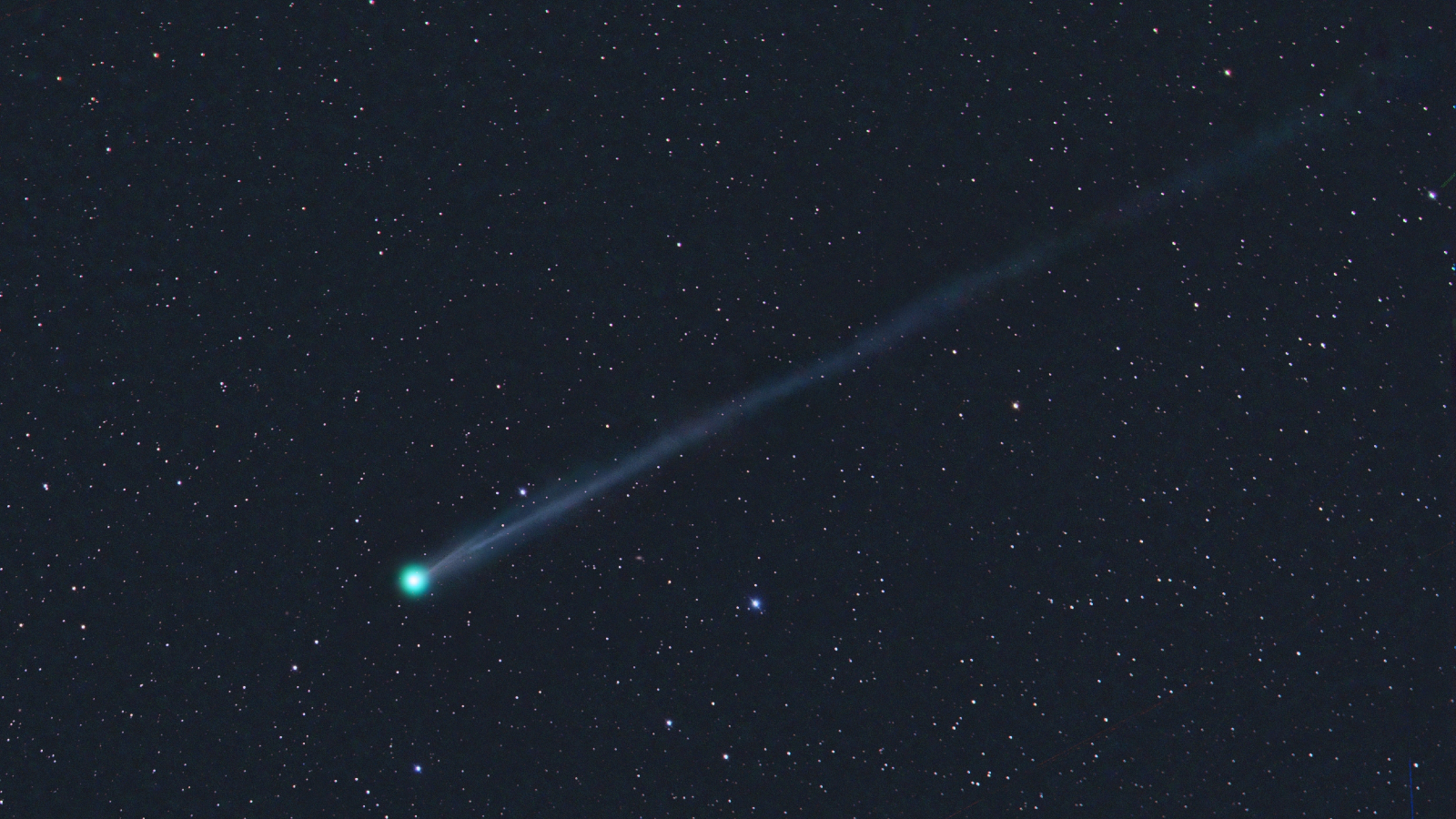
Amateur astronomer discovers bright green comet SWAN25F — and you can see it too
By Harry Baker published
Comet SWAN25F was discovered using photos from the European Space Agency's SOHO spacecraft and can currently be spied using backyard equipment — but it could also become visible to the naked eye in the next few weeks.
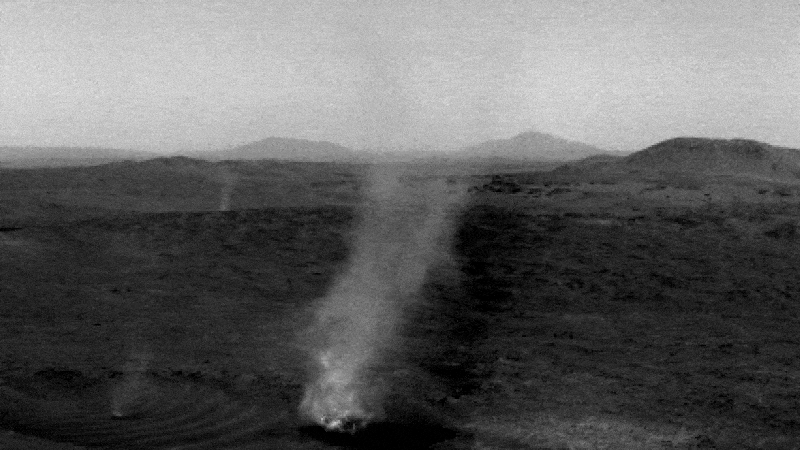
NASA rover watches 'fiendish' Martian 'dust devils' collide in rare case of extraterrestrial cannibalism
By Harry Baker published
Video footage captured by NASA's Perseverance rover shows a small "dust devil" merging with a much larger twister on the surface of Mars.
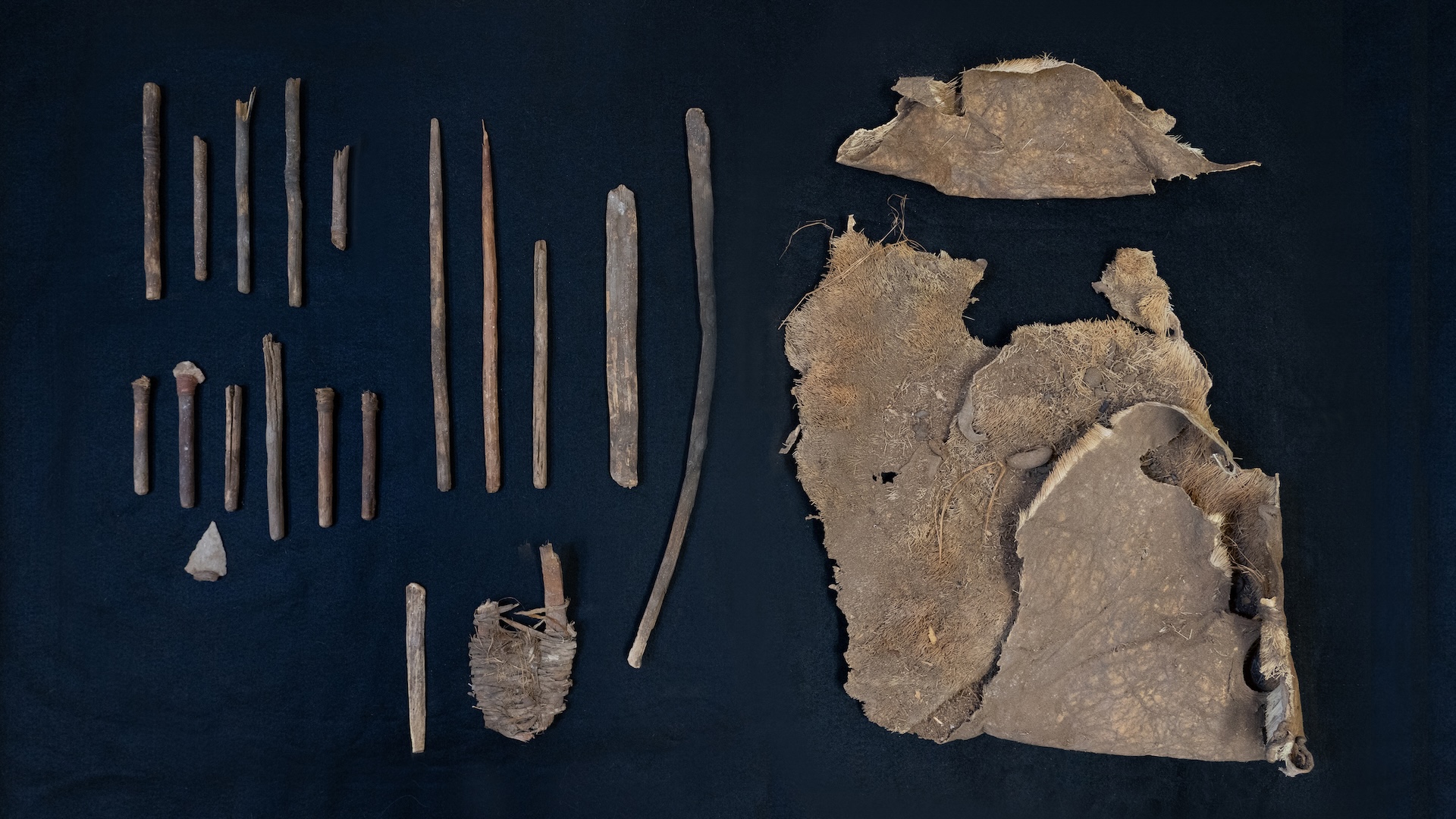
6,500-year-old hunting weapons found in Texas cave are among the oldest known in North America
By Tom Metcalfe published
The weapons from a toolkit unearthed in Texas may be the earliest ever found in North America.
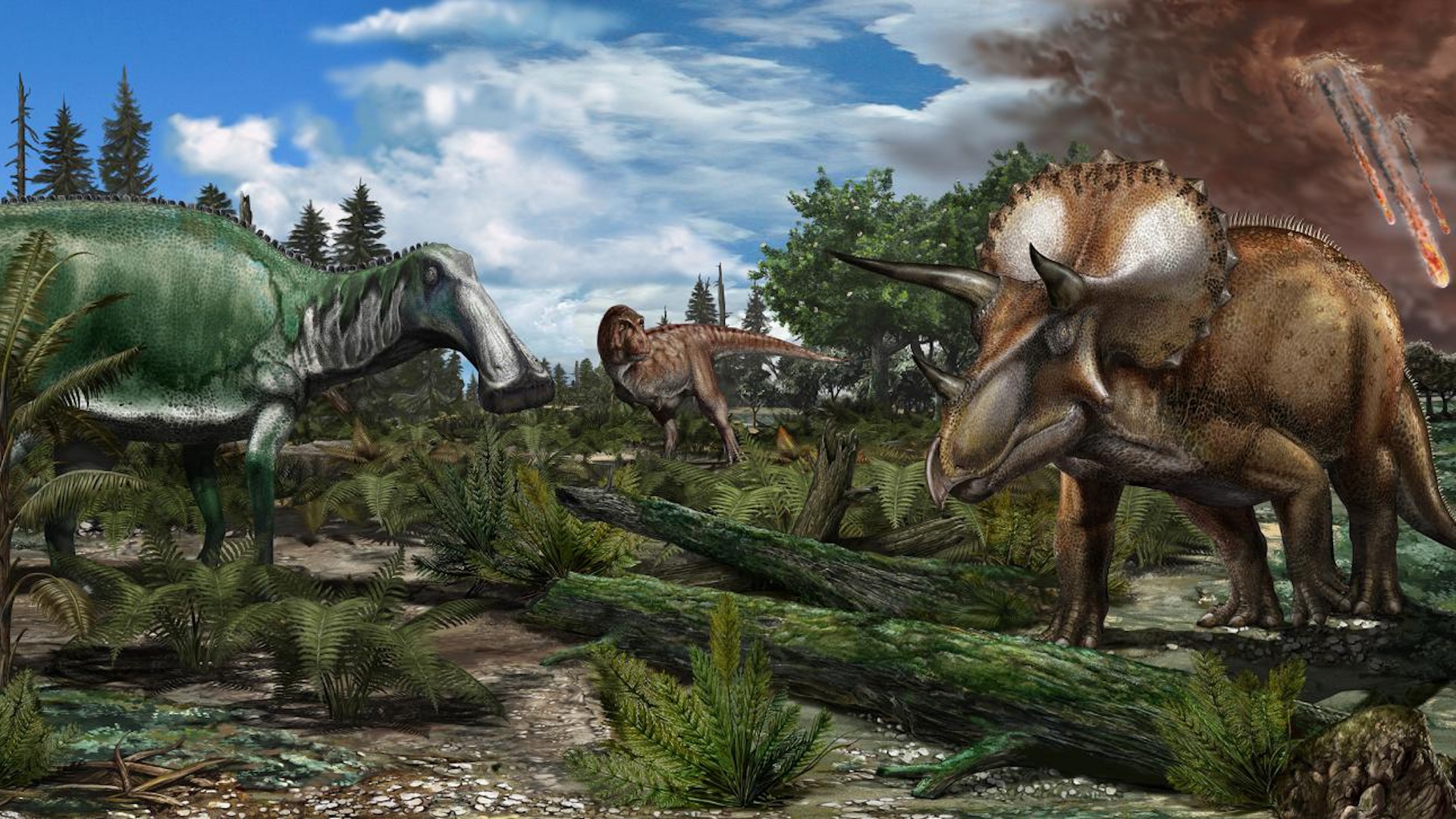
'If it weren't for that asteroid, they might still share this planet': Dinosaurs weren't doomed before the asteroid hit, new study suggests
By Richard Pallardy published
The dinosaurs were not in decline before the asteroid hit, a new study finds. Instead, poor fossilization conditions and unexposed late Cretaceous rock layers mean they're either not preserved or hard to find.

Origins of schizophrenia linked to epigenetics of the placenta
By Clarissa Brincat published
Epigenetic changes in the placenta may shape how the fetal brain develops and thus influence the risk of psychiatric disorders.
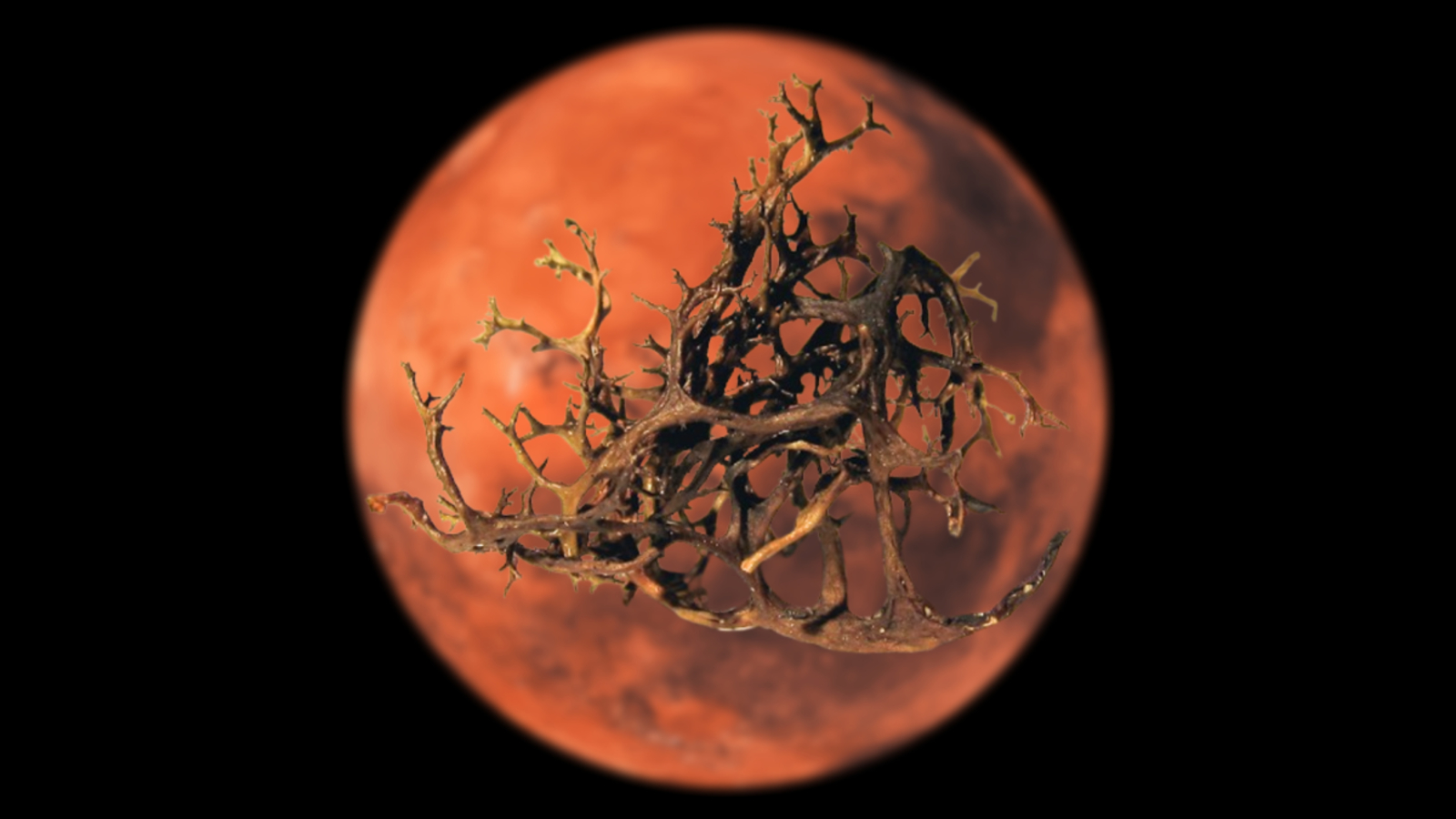
These strange, hybrid Earth lifeforms could survive on Mars, new study hints
By Harry Baker published
Researchers bombarded lichens with a year's worth of Martian radiation in just 5 hours — and they survived, hinting that the extremophiles could potentially live on the Red Planet.
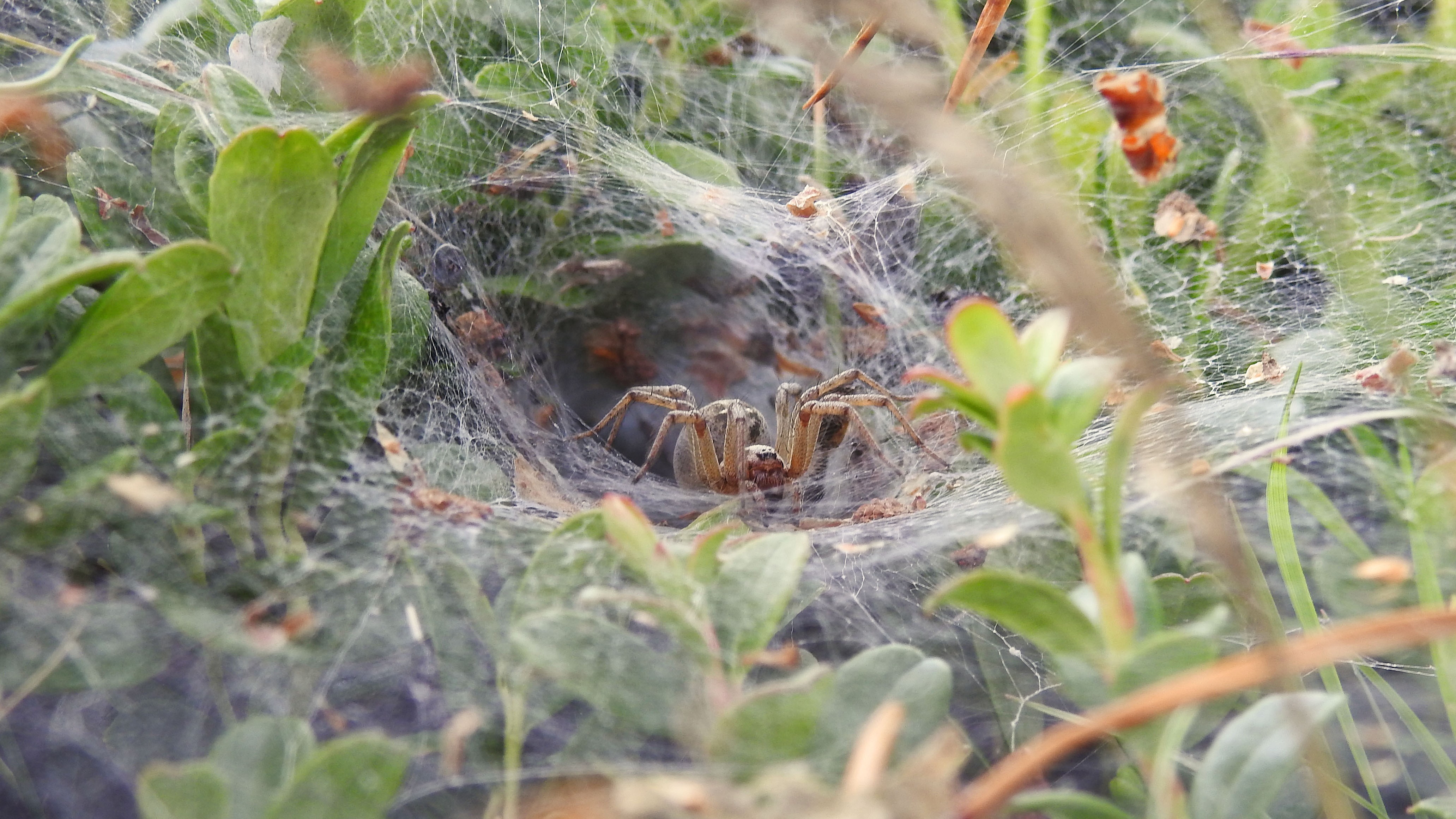
Cannibalistic spiderlings won't hunt their siblings even if they're starving
By Patrick Pester published
Social signals stop young labyrinth spiders from hunting their siblings even when they are starving. However, the cannibalistic spiderlings quickly feed on the corpses of their brothers and sisters.
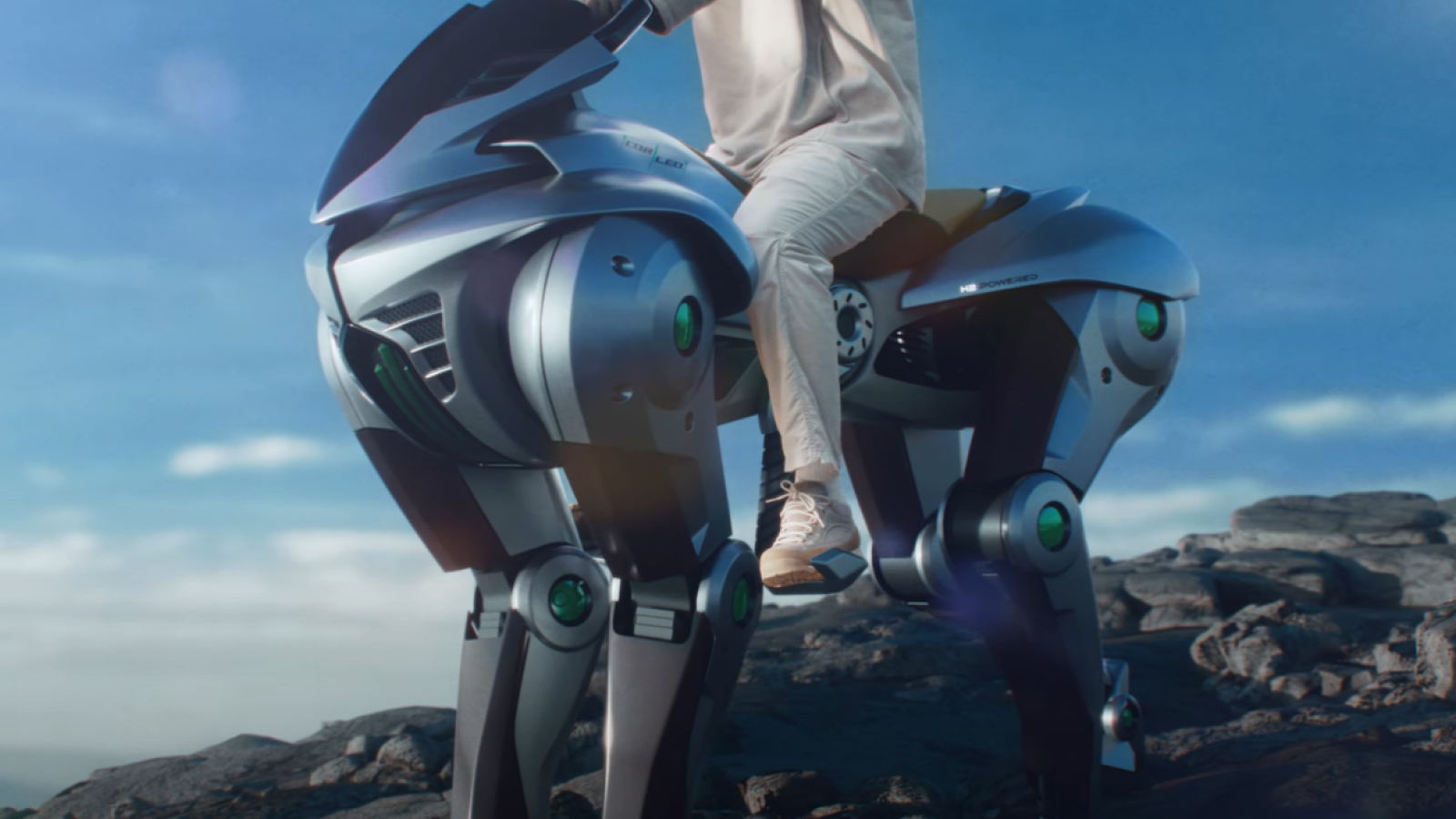
New 'robot horse' could one day take you up a mountain
By Jess Thomson published
Japanese engineers have unveiled a concept design of the Corleo, a four-legged robotic horse that could one day carry people across a vast range of terrains.
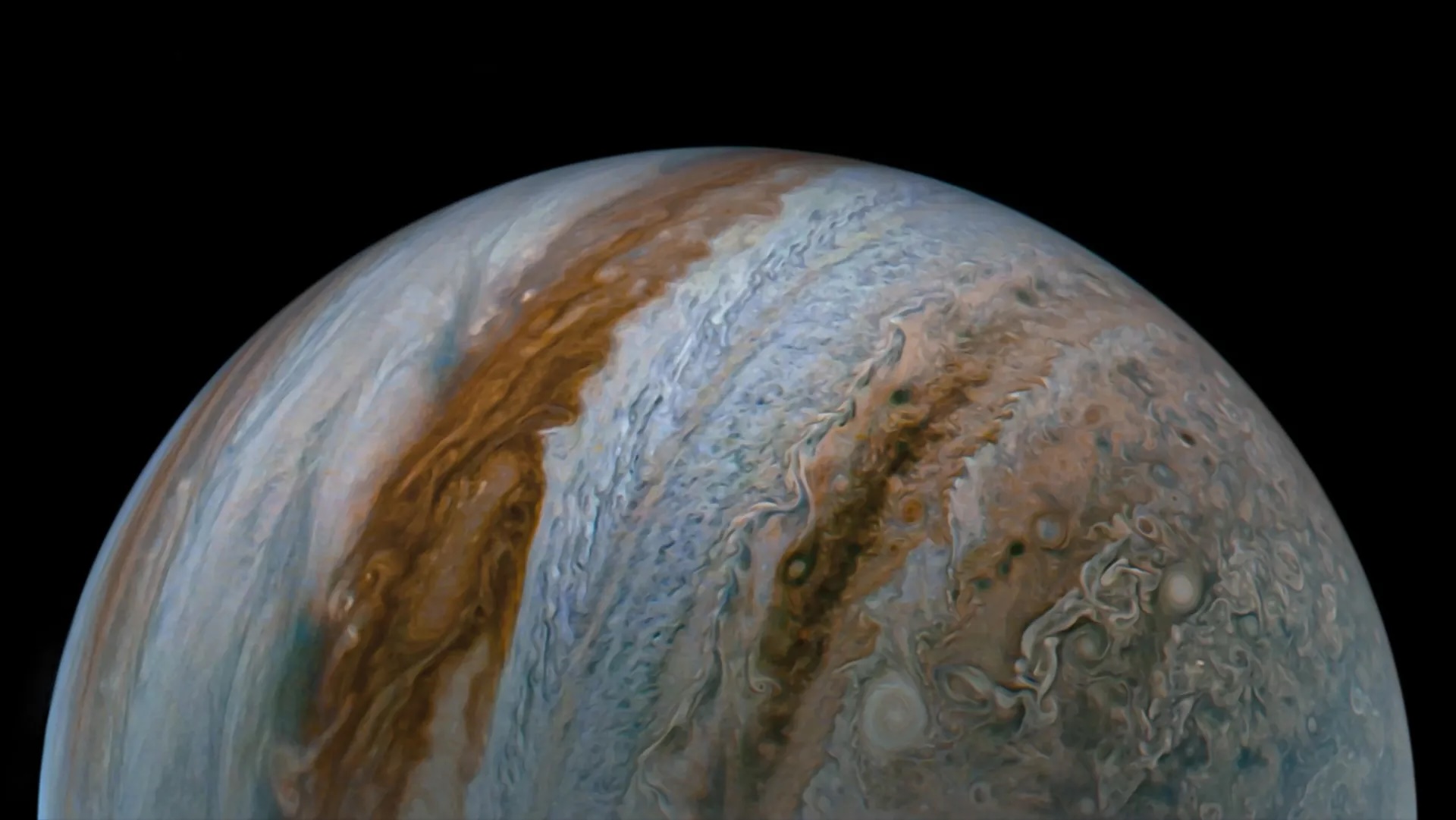
Powerful solar winds squish Jupiter's magnetic field 'like a giant squash ball'
By Victoria Corless published
A massive solar windstorm in 2017 compressed Jupiter's magnetosphere "like a giant squash ball," a new study reports.

Adorable dire wolf pups mark 'world's first de-extinction,' Colossal Biosciences says
By Patrick Pester, Pandora Dewan published
Dire wolves, made famous by HBO's Game of Thrones, have been extinct for around 12,500 years. But thanks to genetic engineers at biotech company Colossal Biosciences, these majestic predators are back.
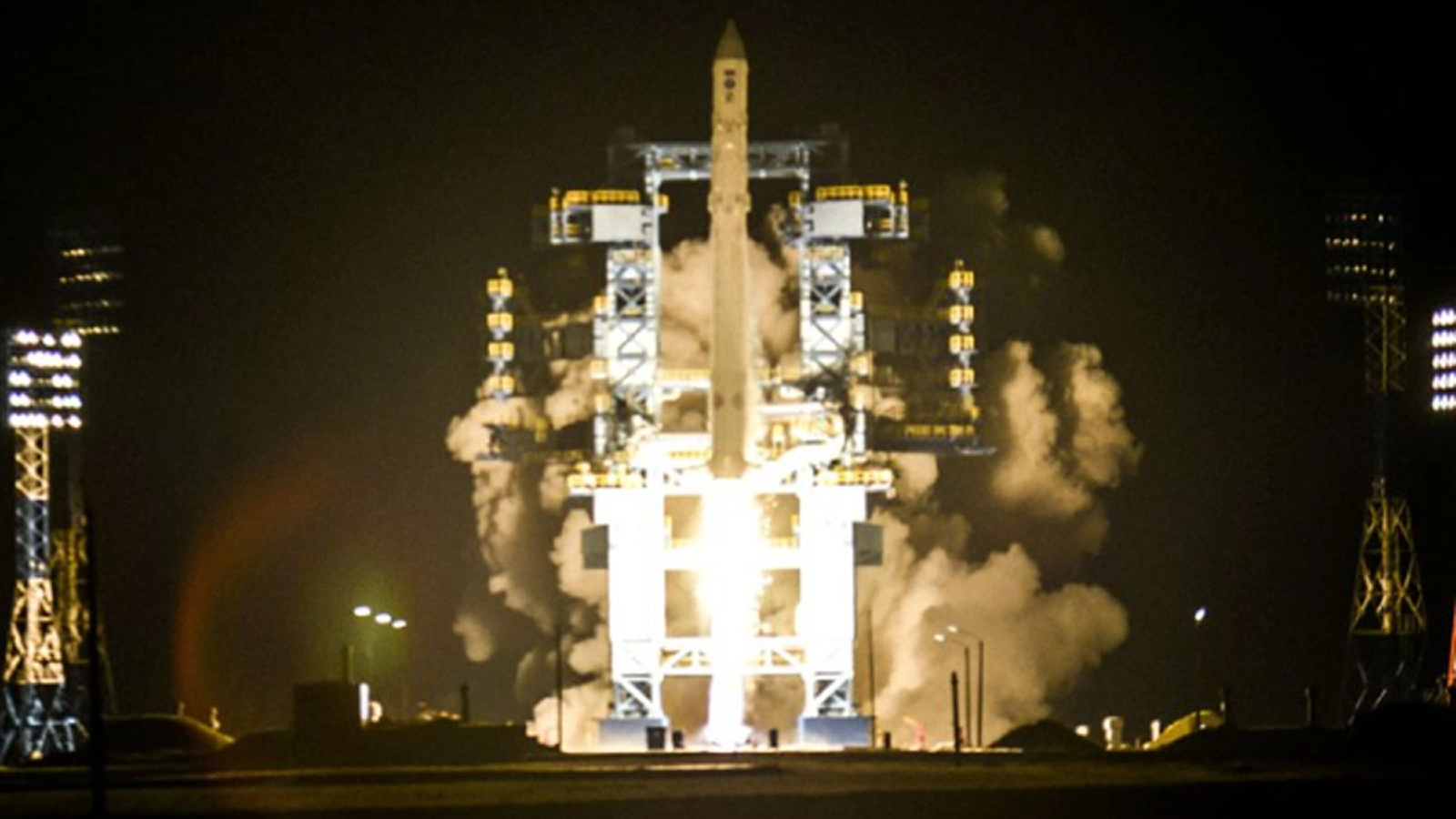
Secretive Russian military satellites release mystery object into orbit
By Andrew Jones published
The classified Kosmos satellite trio has sparked intrigue in space-tracking circles.

US measles outbreak tops 600 cases — what to know about the disease
By Emily Cooke last updated
As measles outbreaks in the U.S. continue, here's what to know about how the disease spreads, what its symptoms are, and how to protect yourself and community from the illness.
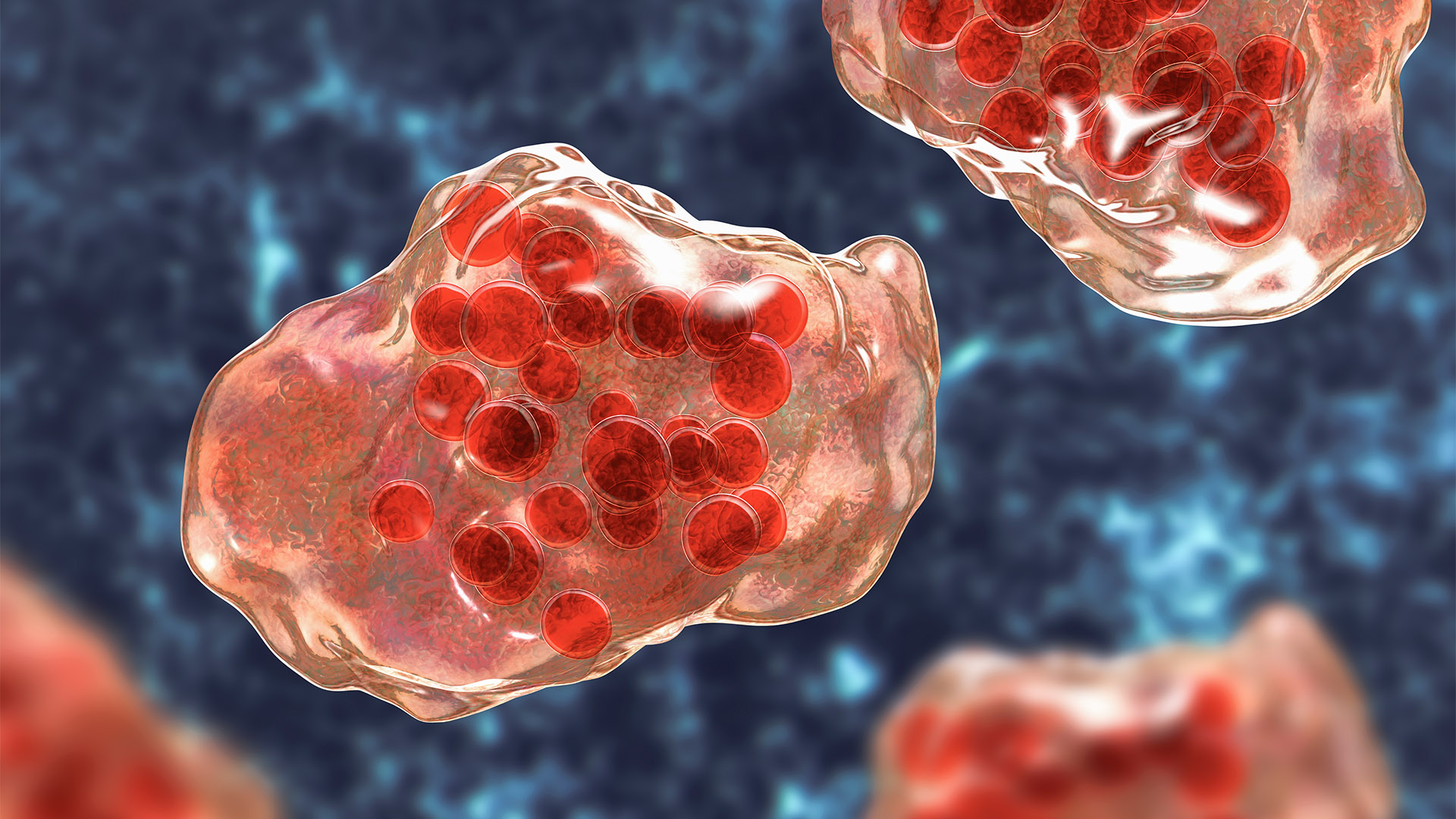
2 school-age children have died in Texas measles outbreak, as total cases pass 480
By Nicoletta Lanese published
Texas officials reported the death of a second school-age child in the state's ongoing measles outbreak.
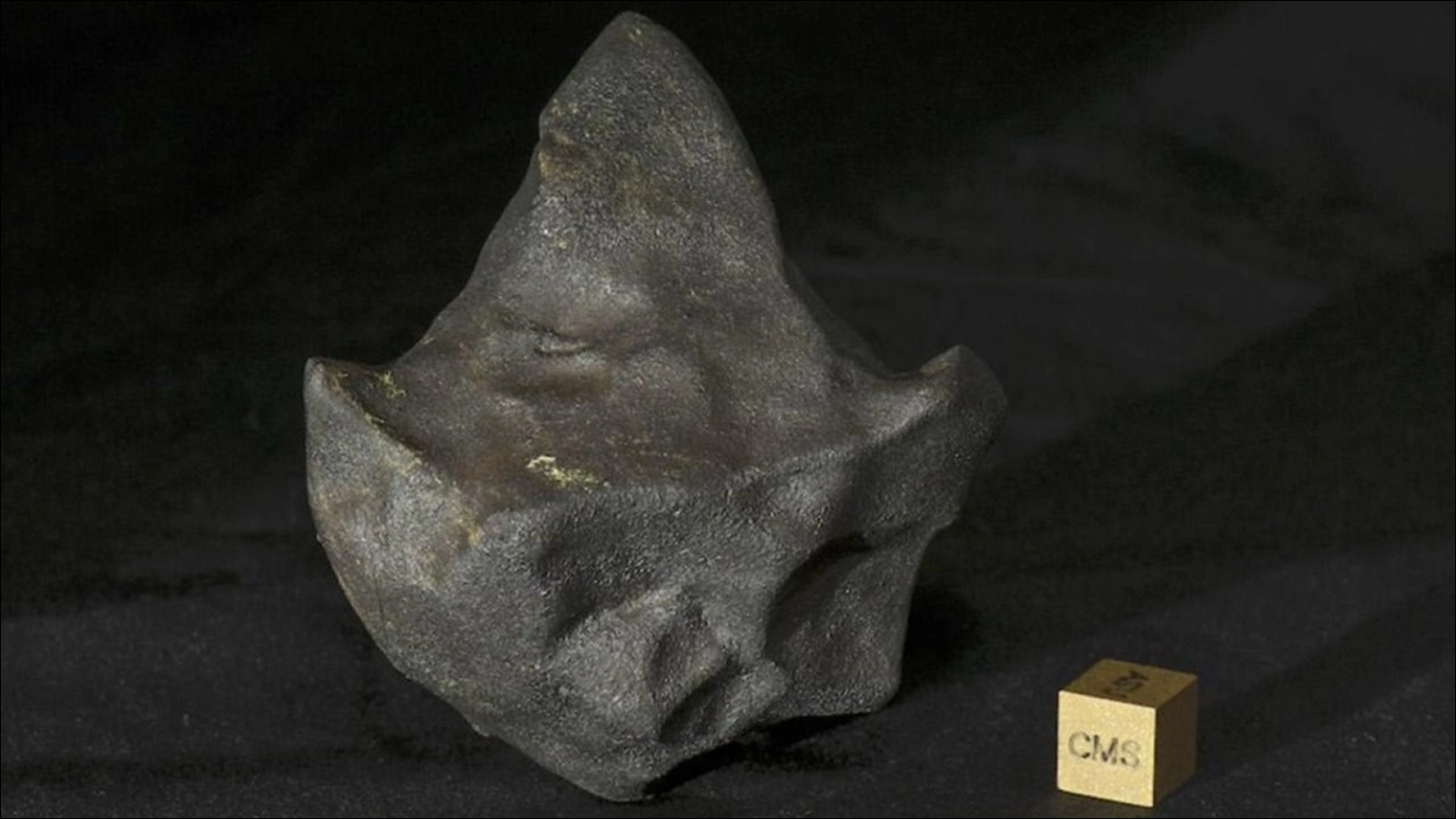
How a 'mudball' meteorite survived space to land in the jungles of Central America
By Keith Cooper published
"The fall of Aguas Zarcas was huge news in the country. No other fireball was as widely reported and then recovered as stones on the ground in Costa Rica in the past 150 years."

AI creates better and funnier memes than people, study shows — even when people use AI for help
By Owen Hughes published
In a study, memes created by OpenAI's GPT-4o model were, on average, rated funnier, more creative and more shareable than those created by humans.
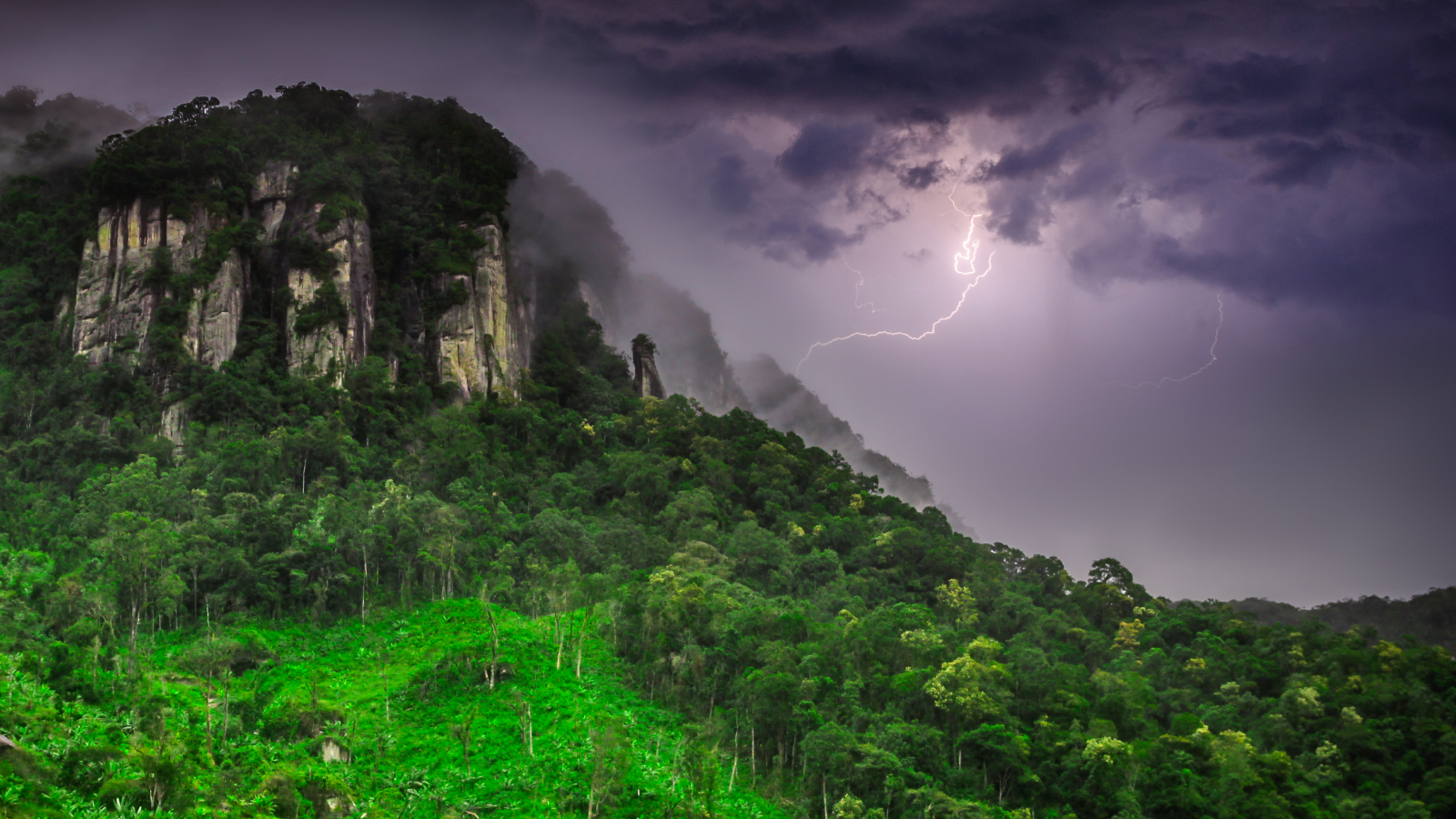
Tropical tree in Panama has evolved to kill its 'enemies' with lightning
By Jacklin Kwan published
Tonka bean trees survive lightning strikes — and use the powerful electric shocks to kill their competitors.
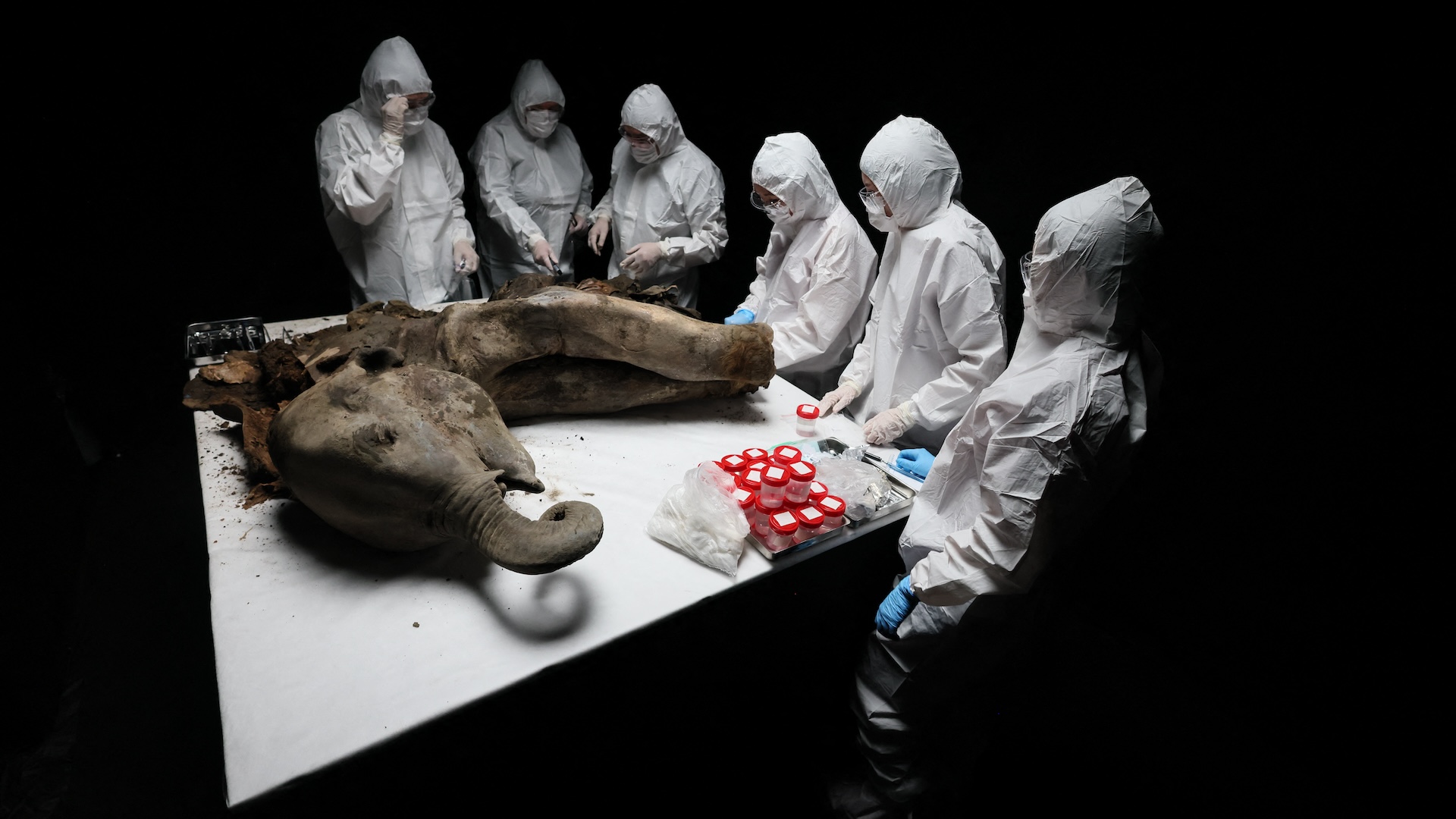
130,000-year-old baby mammoth goes under the knife
By Patrick Pester published
Researchers have performed a necropsy on a 130,000-year-old baby mammoth preserved in the Siberian permafrost.

Years of 'confusion and debate' are over — research finds hormone therapy is good for women's hearts in early menopause
By Matthew Nudy published
A more nuanced understanding of hormone therapy now suggests that its benefits for heart health depend on how soon after menopause onset it is prescribed.
Sign up for the Live Science daily newsletter now
Get the world’s most fascinating discoveries delivered straight to your inbox.


